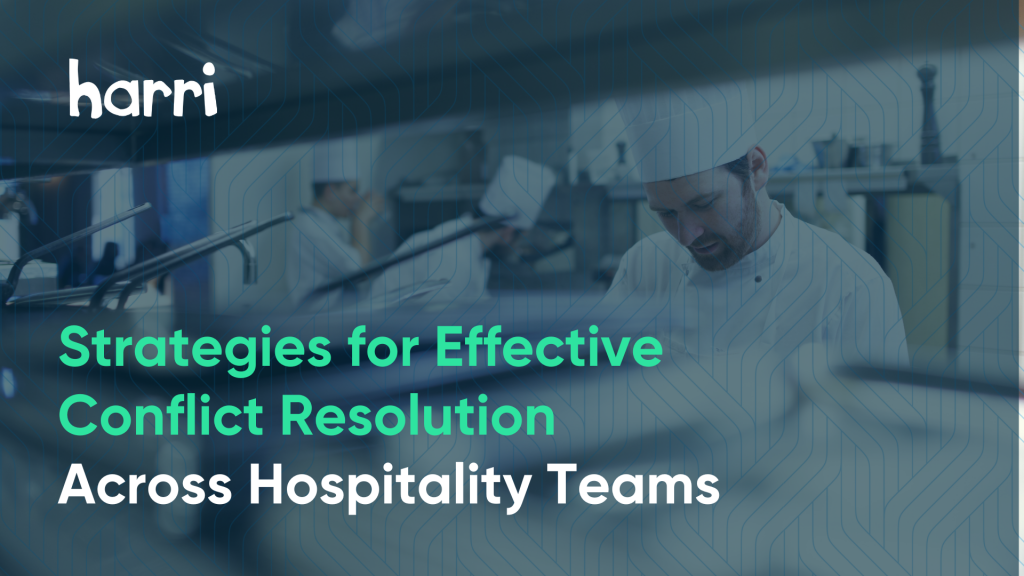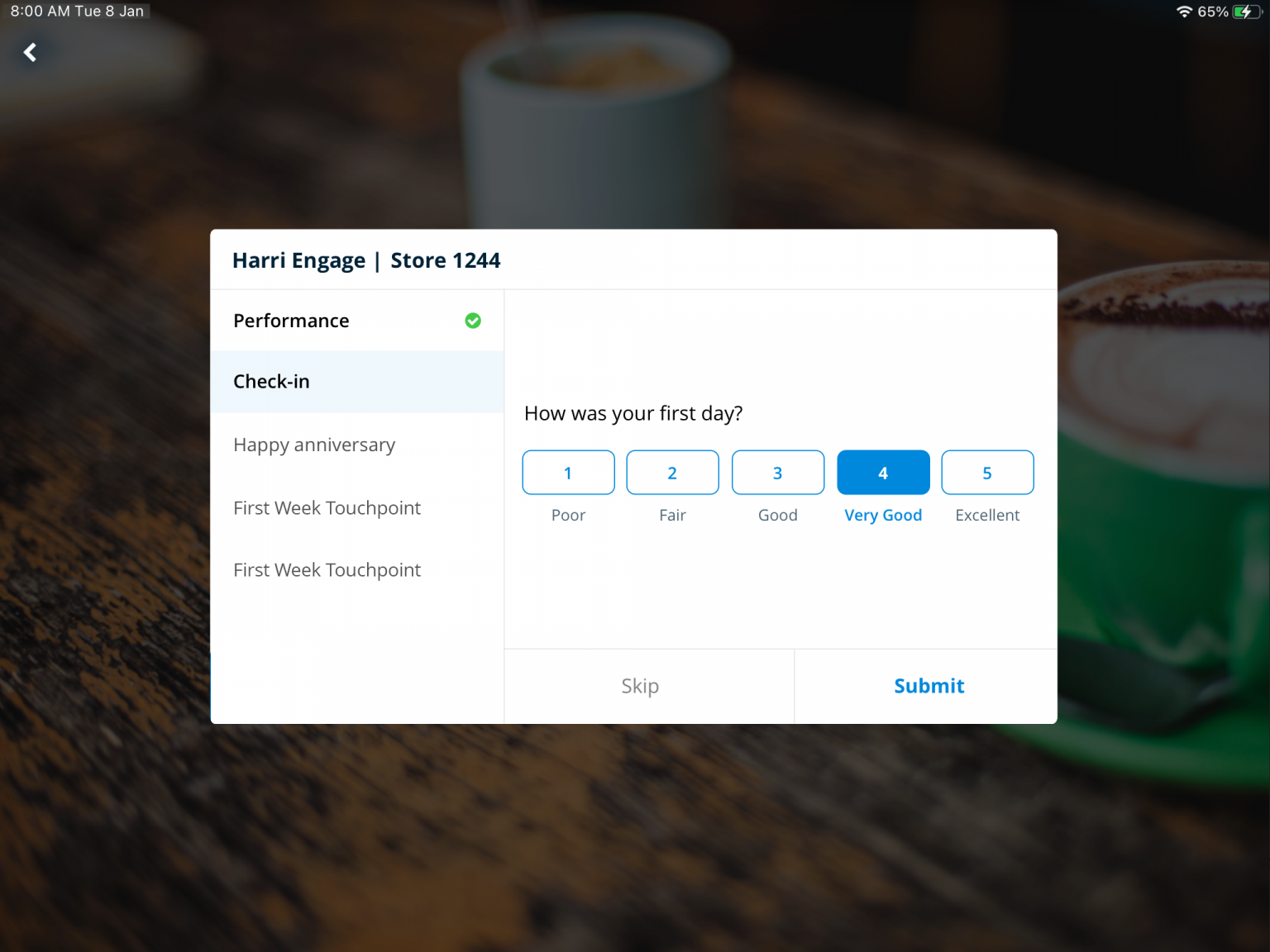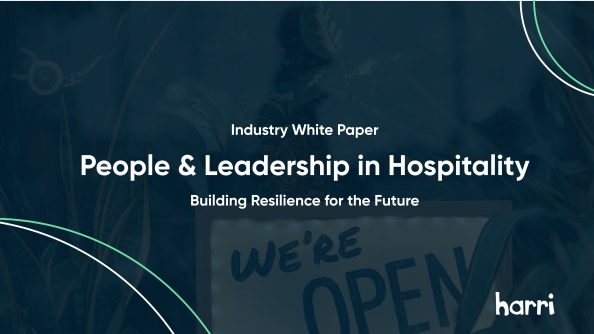Strategies for Effective Conflict Resolution Across Hospitality Teams

- By Harri Insider Team | April 2, 2024
In the fast-paced and dynamic world of hospitality, effective conflict resolution is not just a skill but a necessity. Diverse teams in high-pressure environments are prone to disagreements and disputes, making harmonious teamwork crucial for a productive workplace.
This article delves into various strategies for resolving conflicts within hospitality teams, emphasizing proactive communication techniques, structured conflict resolution processes, and the critical role of leadership and technology in these efforts.
Understanding the Importance of Conflict Resolution in Hospitality
Conflicts in hospitality can arise from various sources, including work stress, personality clashes, and miscommunications. Unresolved conflicts not only affect employee morale but can also impact guest experiences and the overall success of the establishment. Effective conflict resolution ensures a harmonious work environment, leading to better teamwork, improved service quality, and enhanced employee satisfaction.
The Role of Effective Communication
Effective communication is the bedrock of successful conflict resolution in any team, especially in the diverse and dynamic environment of hospitality. This involves more than just talking; it requires active listening, empathy, and the ability to express thoughts clearly and respectfully.
Establishing open lines of communication where employees feel safe to voice their concerns and ideas is key. This can be facilitated through regular team meetings, open-door policies, and creating an environment that values feedback.
Training staff in communication skills, such as how to give and receive constructive feedback, and understanding non-verbal cues, can significantly reduce misunderstandings and preempt potential conflicts. Moreover, encouraging a culture of transparency and honesty helps in building trust, a critical element in conflict resolution. When team members trust each other, they are more likely to engage in constructive dialogue and find mutually beneficial solutions to conflicts.

Leveraging Technology for Enhanced Team Engagement
Harri Engage, a component of Harri’s full suite of solutions for hospitality, exemplifies how technology can facilitate effective conflict resolution. By providing platforms for communication and feedback, Harri Engage enables managers to connect with their teams more effectively. The platform’s features, such as targeted communications, sentiment analysis, and employee feedback collection, allow managers to gauge team dynamics and intervene before conflicts become unmanageable, especially helpful for franchise operators or those with businesses across several locations.
Empowering New Starters and Celebrating Milestones
New employees often face challenges in adapting to team dynamics, which in some cases can lead to conflicts. Harri Engage’s strategy focuses on supporting new hires during their critical first 90 days, ensuring they feel integrated and valued. Celebrating work and life milestones is another way to foster a positive work culture, contributing to lower turnover and enhanced team unity.
Maximizing Engagement Where Employees Already Work
Harri Engage stands out by integrating into employees’ existing workflows, ensuring high engagement levels. Features like quick questions at clock-in and public recognition encourage continuous communication and feedback, vital for preempting and resolving conflicts.
Unifying Team Communication with Harri
Effective conflict resolution requires streamlined communication channels, something Harri’s communication tools expertly provide. Custom message groups, multi-channel notifications, and mobile apps ensure that all team members are on the same page, reducing the likelihood of misunderstandings and conflicts.
How to Facilitate Efficient Team Collaboration
Efficient team collaboration is crucial in preventing and resolving conflicts in the hospitality industry. It begins with clear role definitions and expectations to prevent overlap and misunderstandings. Best practices include regular team-building activities that not only strengthen relationships but also improve collaboration skills.
These activities can range from problem-solving tasks to communication exercises, helping team members understand each other’s strengths and working styles. Effective collaboration also requires the ability to compromise and find common ground. Encouraging a culture where different perspectives are valued and considered leads to more innovative solutions and less friction.
Harri’s tools enable the creation of group message channels organized by role, location, or responsibility, enhancing collaboration and efficient information dissemination. By using a central newsfeed similar to social networks, important updates and announcements reach all team members effortlessly.
Engaging Team Members with TeamHub
TeamHub, another feature of Harri, leverages the time clock to engage team members. Gathering employee sentiments at clock-in and providing a platform for group chats and alerts ensures that team members are consistently engaged and heard, creating a proactive environment for addressing concerns and conflicts.

Developing Conflict Resolution Skills through Training and Leadership
Developing conflict resolution skills in hospitality teams is a proactive approach that pays dividends in creating a harmonious work environment. Training programs that focus on conflict resolution skills, such as negotiation techniques, stress management, and emotional intelligence, are essential. These programs should be tailored to the unique challenges of the hospitality industry, where pressure is high and interactions with guests add another layer of complexity.
Leadership also plays a crucial role in this aspect. Leaders must be equipped to handle conflicts, model positive conflict resolution behaviors, and mentor their teams in these skills. This includes being approachable, fair, and impartial when resolving disputes, and also knowing when to escalate issues to higher authorities. Encouraging a culture where conflicts are seen as opportunities for growth and learning can change the team’s perception of disputes, leading to a more constructive approach to conflict resolution. Regular workshops, role-playing scenarios, and feedback sessions can be effective ways for teams to practice and refine their conflict resolution skills.
Integrating Technology with Leadership Practices
Combining technology with strong leadership creates a robust framework for conflict resolution. Platforms like Harri Engage and Harri’s communication tools complement leadership efforts by providing data-driven insights and efficient communication channels, empowering leaders to make informed decisions and maintain a positive team dynamic.
Resolving Employee Conflicts with the Right Tools and Strategies
Conflict resolution in the hospitality industry is a multifaceted challenge that requires a combination of effective communication, the right technological tools, and strong leadership. By implementing strategies that promote open dialogue, leveraging platforms like Harri Engage for enhanced team engagement, and fostering leadership skills in conflict resolution, hospitality teams can navigate conflicts successfully. This approach not only resolves immediate issues but also contributes to a more harmonious, productive, and satisfying work environment for everyone involved.
To learn more about the role Harri can play within your organization’s team engagement and communication strategies, request a demo from our team.





















